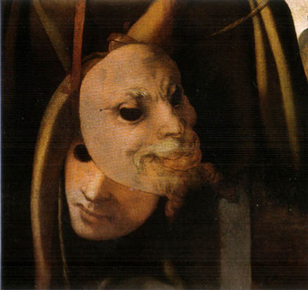IPTAR Child & Adolescent Psychotherapy Program is pleased to invite you to attend a meeting of THE CHILD THERAPIST AT WORK SERIES
“Room for thought: a developmental perspective” Presenter: Kate Oram, PhD MONDAY, APRIL 9, 2018 Reception and Open House at 7:30 pm Program to follow at 8:00pm
IPTAR 1651 Third Avenue, #205 Conference Room (92nd and 3rd Ave.)
IPTAR Members/ Candidates: Free Non-IPTAR Members: $25 Candidates/ Students with Valid Id: $5 Registration is requested for all No Refunds
RSVP: https://iptar.org/event/room-for-thought-a-developmental-perspective/ SPACE IS LIMITED. ATTENDANCE IS CONFIRMED BY REGISTRATION
This paper discusses the different ways a developmental point of view enriches and informs our work. It focuses on that aspect of the developmental point of view that has to do with the development of reflective functioning; specifically, how we, as therapists, make room for thinking with both our child and our adult patients. The complex relationship between the development of self/object differentiation and the development of reflective functioning is discussed. The role of therapy in the facilitation of this relationship is illustrated from the therapist’s own experience. In addition, the importance in child Continue reading Room for thought: a developmental perspective” with Kate Oram at IPTAR

 Psychoanalytic Association presents
Psychoanalytic Association presents